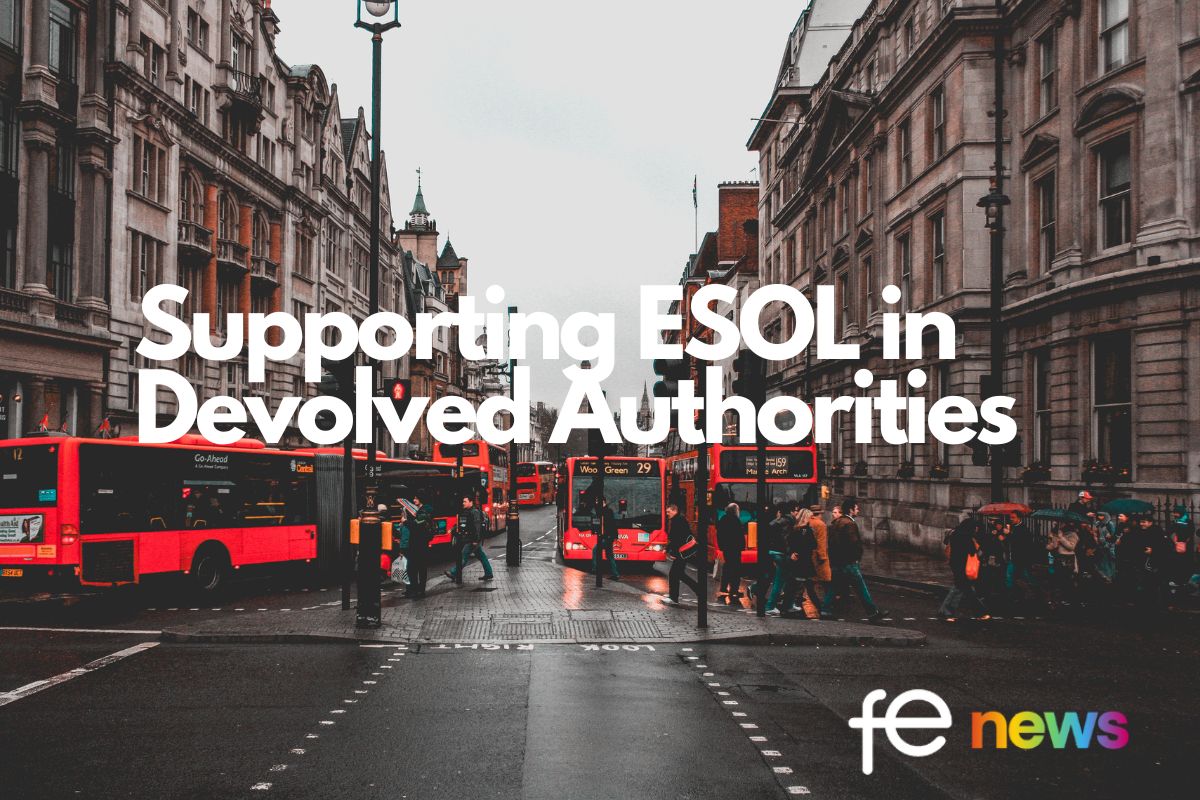FE and Kindle: is this a marriage in the making?

Which publishing platforms do you favour in your organisation?
No doubt you’ve already published your prospectuses, so you’re still using print media. Maybe you’re running advertisements in the local press and on local radio. Perhaps you’re involved with direct mail and leaflet drops. Of course, you have your website, too.
Are you also using Kindle?
If you think that I’m talking about a handheld device for reading text, you’re wrong. I’m talking about a publishing platform that’s accessible from your PC, from mobile devices and tablets as well as via the e-reader of the same name. What’s more it’s a publishing platform you can access at no cost. You can also reach a world-wide audience using the Kindle platform.
Learning wins
There are plenty of learning and development materials, self-improvement programmes, self-help and career development e-guides on Kindle. In the last week of July 2012, in the UK’s Kindle store, there were over 2000 titles in the Education section, plus a further 2000 in the Business and Investing section. There were more than 4500 titles in the Self-Help section. Quite a few of the titles in these, and other, categories cover the material that FE’s programmes address.
In short: teaching sells. That makes FE and Kindle a good match. You might even say it’s a marriage made in heaven.
Something that’s free
Lots of the books on Kindle can be downloaded at no cost to the person who “purchases” them. You might like to take advantage of this.
Your organisation might like to offer free taster courses via Kindle. Perhaps you can offer self-assessments so that people can work out which of your programmes will be right for them. Perhaps you can offer beginners’ guides to some of your programmes to whet people’s appetites for what you do at no cost to them.
Provided you make sure you have a call to action in your material that explains what to do next, and urges users of the free material to visit your website, you’ll be creating another sales channel for your organisation courtesy of Kindle. You’ll also be making what you do accessible to people who might otherwise never encounter you.
Selling your programmes
You can make material available on Kindle for a fee and earn royalties. Perhaps Kindle is a good way to deliver course material, either in a single volume or guide or in instalments. Your students can buy the material on Kindle to supplement other prescribed learning guides and textbooks or to replace them.
The good thing about material on Kindle is that you can update it regularly. You can customise it to the needs of your students, too. You might also encourage more people to seek you out and become students, if they purchase your guides on Kindle first and like what they see.
Kindle and FE
People love the easy accessibility of e-guides. They also like their learning to be presented to them in bite-sized chunks. The market has responded by supplying them with growing numbers of short, relevant and, above all, inexpensive e-books. As a result e-books and guides have become popular learning aids. In the USA sales of e-books have overtaken sales of print books. E-books are becoming increasingly popular in the UK, too.
In other words, Kindle has possibilities.
Kindle is a publishing platform that offers FE lots of opportunities to promote itself and its offer to new markets in innovative ways. It’s a popular platform and that popularity is growing. So who’s for making more use of Kindle in 21012 – 2013 and for celebrating the marriage between FE and Kindle, too?
Margaret Adams MA Chartered FCIPD helps real world businesses make more use of the online world to build their reputations and their success.











Responses